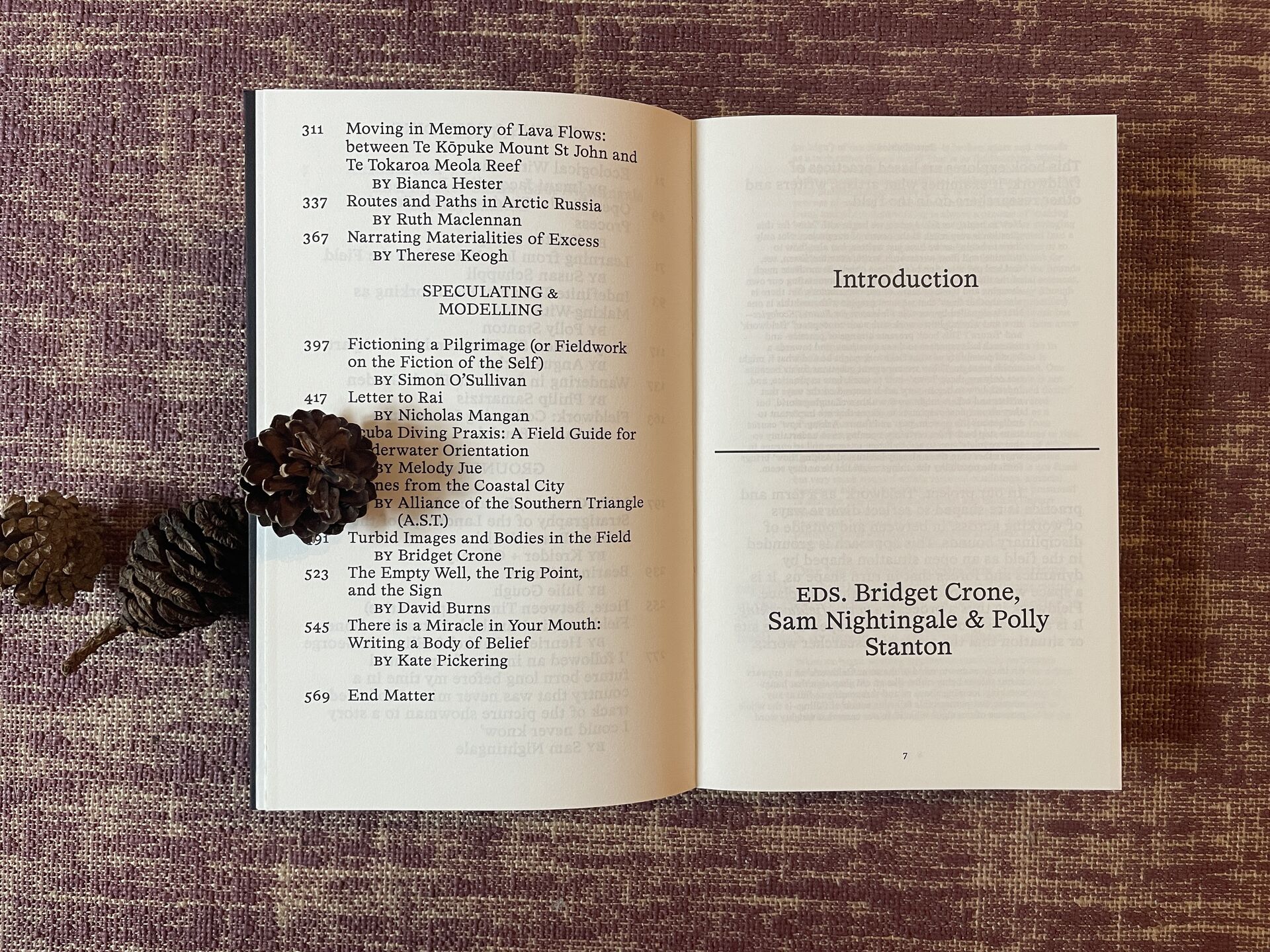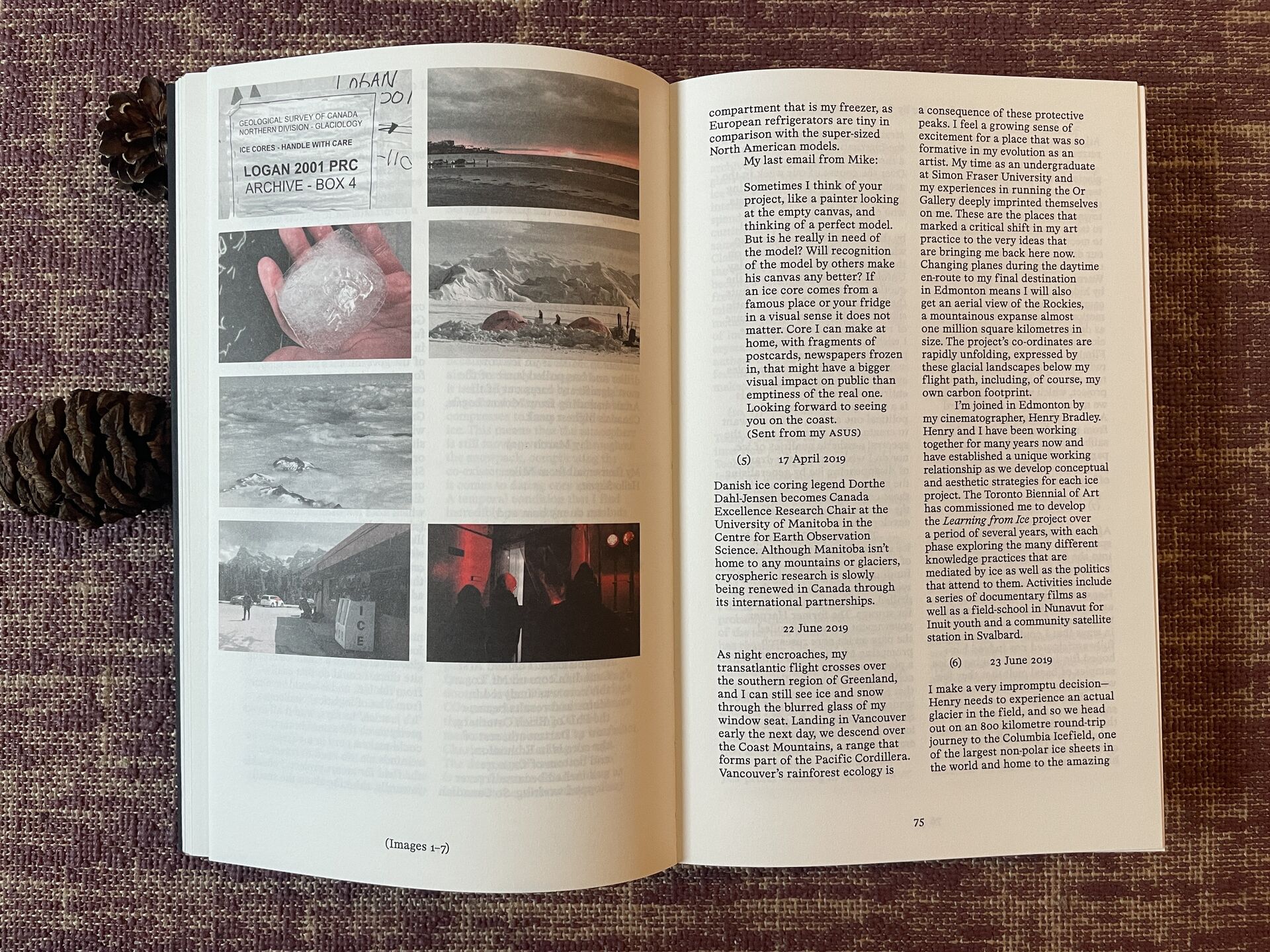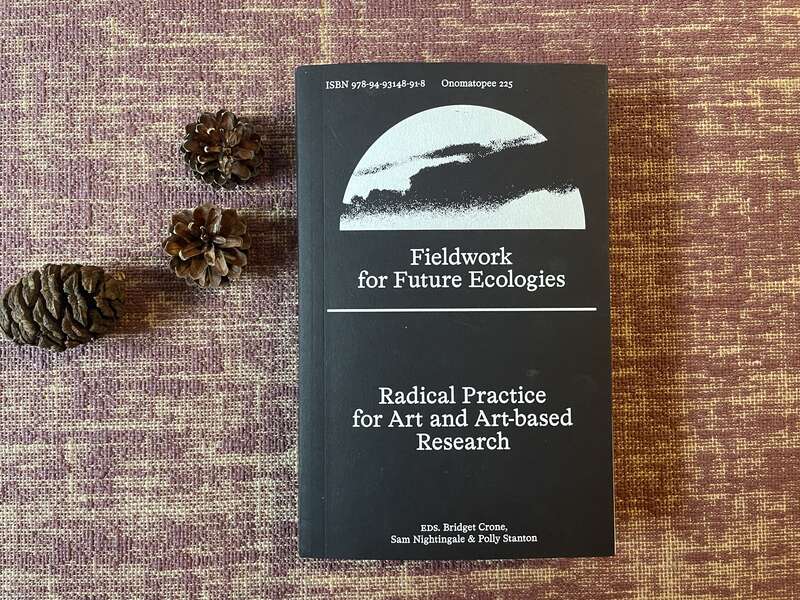
During the Covid-19 era, a significant surge was observed in collaborative fieldwork endeavours targeting art and art-related research across China. These projects were initiated by either institutions or self-organized groups and brought together artists, curators, writers, and researchers from diverse disciplines. They covered a plethora of themes, including ethnic relations, rural transformation, art education, geopolitics, technophilia, and artistic intervention, to bring local knowledge to contemporary art and beyond in the Chinese context. Aiming to draw upon the collective wisdom and gather a wide array of local knowledge concerning these fieldworks, I commissioned artists, writers, curators, and theorists to contribute to the inaugural edition of Starlight, a publication project devoted to investigating the contemporary art landscape within China.
During my preliminary research of the contemporary notion of fieldwork in the Western art context, I encountered the book Fieldwork for Future Ecologies: Radical Practice for Art and Art-Based Research, published by Onomatopee in 2022. The book, curated and edited by Bridget Crone, Sam Nightingale, and Polly Stanton, explores how art-based practices can enrich our understanding of fieldwork.

The central idea of the book, based on the term ‘fieldwork’ – which is deeply ingrained in anthropological methods used to explore Indigenous knowledge – delves into how this term and its associated practice have been reimagined to represent a range of methods that cross, bridge, and transcend disciplinary boundaries by artists, writers, and art researchers.
In her Learning from Ice: Notes from the Field, for example, Susan Schuppli elaborates on how she has taken fieldwork as a process to expand her understanding of the material properties of ice through filmmaking. Although its primary focus is art’s significant role in environmental and climate studies, the publication offers novel perspectives that widen the scope of fieldwork within contemporary art and culture realms. Viewing Fieldwork for Future Ecologies as a global reference enriches my comprehension of fieldwork, aligning it with diverse global experiences, ideas, and knowledge.
Note to the reader. This article is part of Trigger’s 2023 ‘Summer Read’ series. We invited writers, researchers, photographers and curators to share what is currently occupying their mind through one publication they have been (re)reading during summer. What matters to them is now being recast as a challenge for today. Highly personal entries to a diversity of publications (photobooks, studies, monography, essay, historical research) lead us – readers of these readers – to reorient our gaze on (the history of) images and photography.
